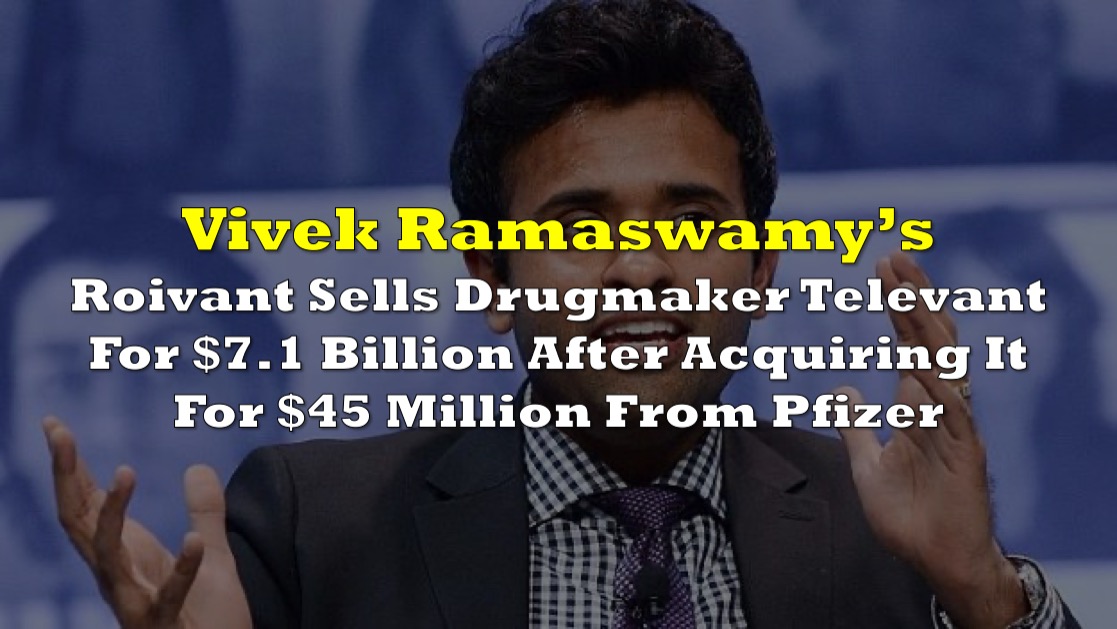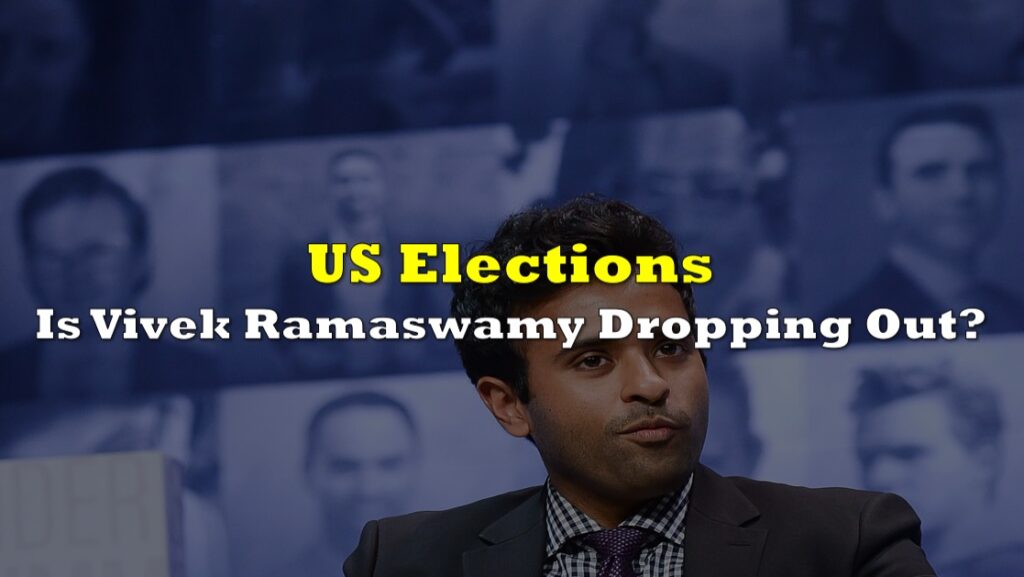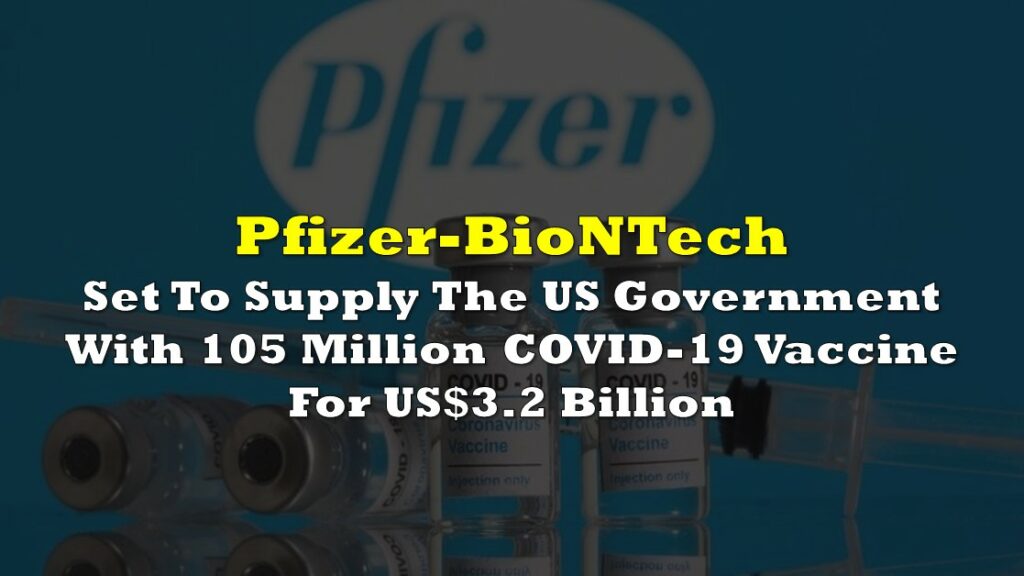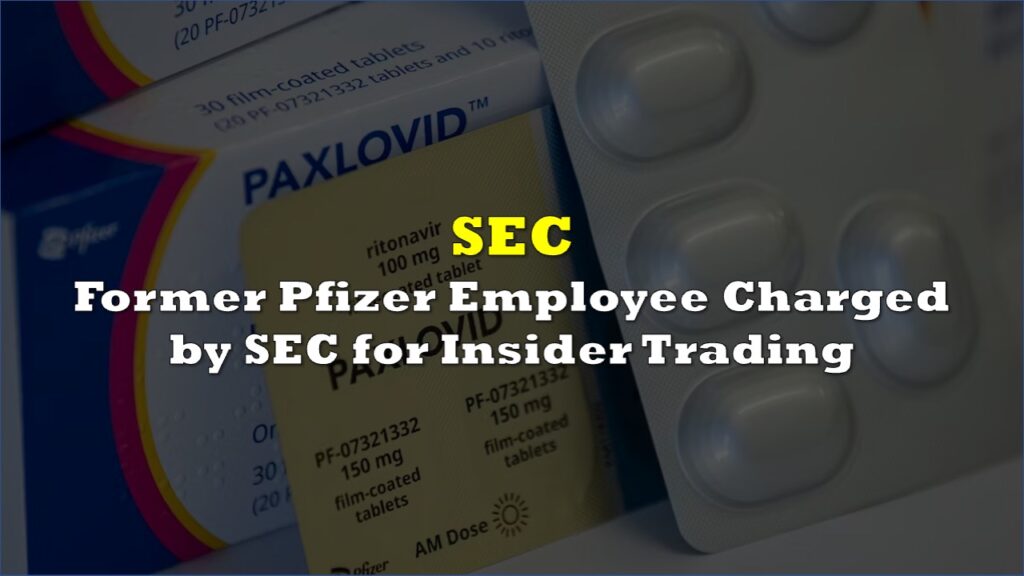On Monday, Swiss healthcare firm Roche made a significant announcement, revealing its acquisition of Telavant Holdings for a substantial upfront payment of $7.1 billion. This strategic move enables Roche to gain access to a promising experimental therapy designed to combat inflammatory bowel diseases.
Telavant, previously under the ownership of Roivant Sciences and with a minority stake held by Pfizer, is at the center of this acquisition. The transaction will empower Roche to spearhead the development of the therapy, known as RVT-3101, and, upon receiving regulatory approval, distribute it in the United States and Japan. Pfizer, on the other hand, retains the commercial rights for other global regions.
The “Roi” in Roivant stands for “return on investment,” and this deal exemplifies precisely that. Roivant, initially founded by Republican presidential candidate Vivek Ramaswamy but now led by CEO Matt Gline, secured RVT-3101 from Pfizer for $45 million just last December, alongside a commitment to invest in the drug’s development. Less than a year later, Roivant managed to sell the drug to Roche for a staggering sum of at least $7.1 billion.

RVT-3101 has undergone Phase 2b trials in individuals with moderate to severe ulcerative colitis, demonstrating improvements and remissions in a subset of patients. Roche has announced its intentions to initiate a Phase 3 trial, citing the promising data as the basis for their optimism. Levi Garraway, Roche’s Chief Medical Officer, emphasized, “Given this promising data, we believe that RVT-3101 has the potential to be the first therapy that offers both high efficacy and safety for people with inflammatory bowel disease and the convenience of an at-home, subcutaneous administration.”
Furthermore, RVT-3101 is currently in development for the treatment of Crohn’s disease. Roche has highlighted its unique capacity to target both inflammation and fibrosis, which opens up possibilities for application in various other diseases.
RVT-3101 operates as an antibody designed to target TL1A, a protein responsible for driving inflammation and tissue scarring. Notably, other companies are exploring similar drugs, with one such development playing a pivotal role in Merck’s $10.8 billion acquisition of Prometheus Biosciences earlier this year.
In response to this development, Gline, CEO of Roivant, expressed his sentiments, saying, “It has been a great privilege to work on and meaningfully progress RVT-3101, and we are convinced that Roche will be able to build on these efforts and maximize patient impact with this important program going forward. We would like to thank Pfizer for their partnership in enabling creative collaborations for the benefit of patients, and for their ongoing support.”
Ramaswamy, a 38-year-old biotech entrepreneur, has emerged as a formidable contender for the Republican presidential nomination. One of his major financial successes came from his investment in an experimental Alzheimer’s medicine, acquired from GlaxoSmithKline (GSK) for a mere $5 million in 2015. Despite skepticism from GSK executives about the drug’s potential, Ramaswamy’s innovative approach led to the creation of Axovant, a firm that secured $315 million through an IPO, marking the largest biotech go public at the time.
While the Alzheimer’s medicine ultimately failed clinical trials in 2017, Roivant was partially shielded from the fallout.
Information for this story was found via Stat+ and the sources mentioned. The author has no securities or affiliations related to the organizations discussed. Not a recommendation to buy or sell. Always do additional research and consult a professional before purchasing a security. The author holds no licenses.









